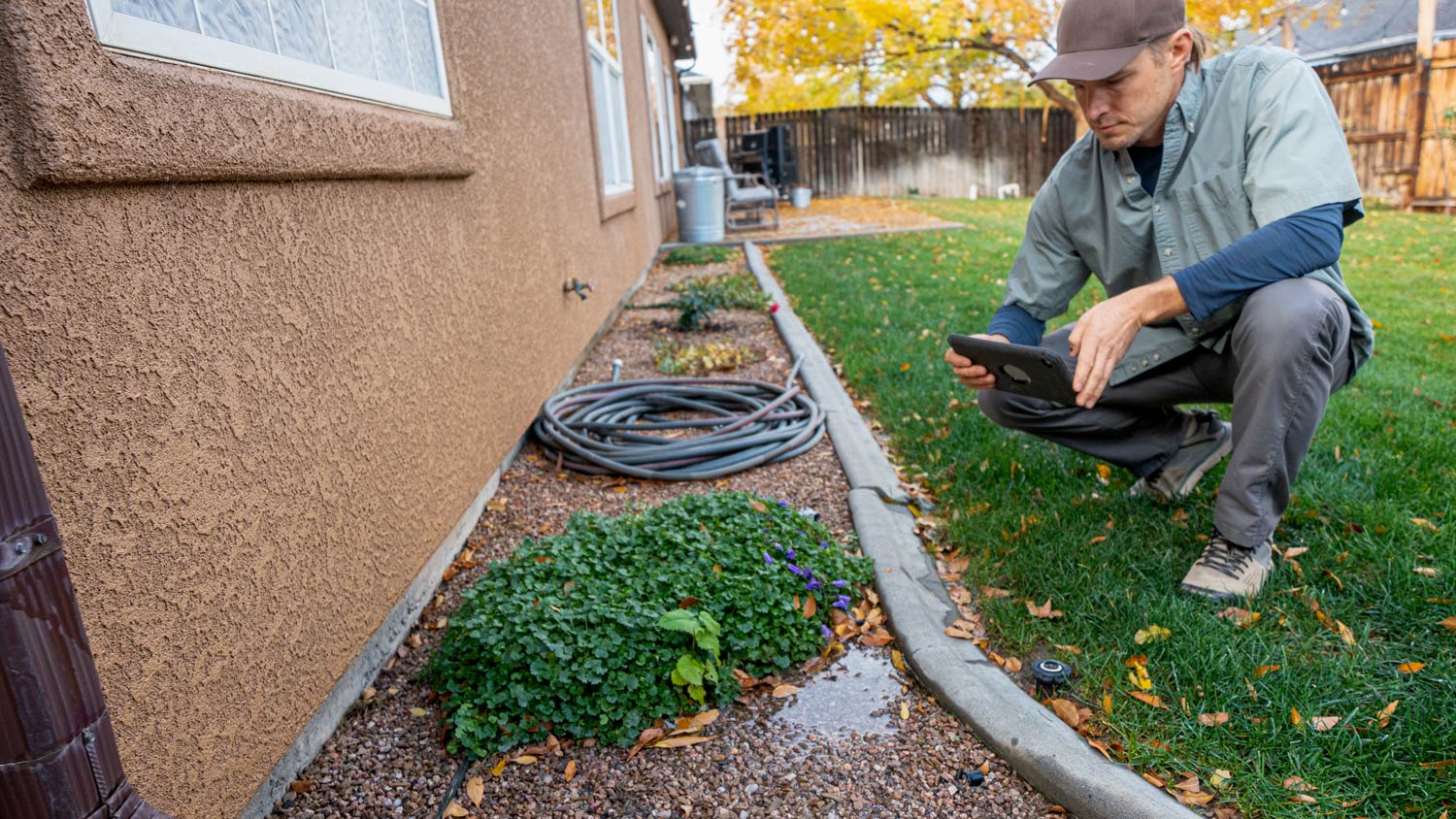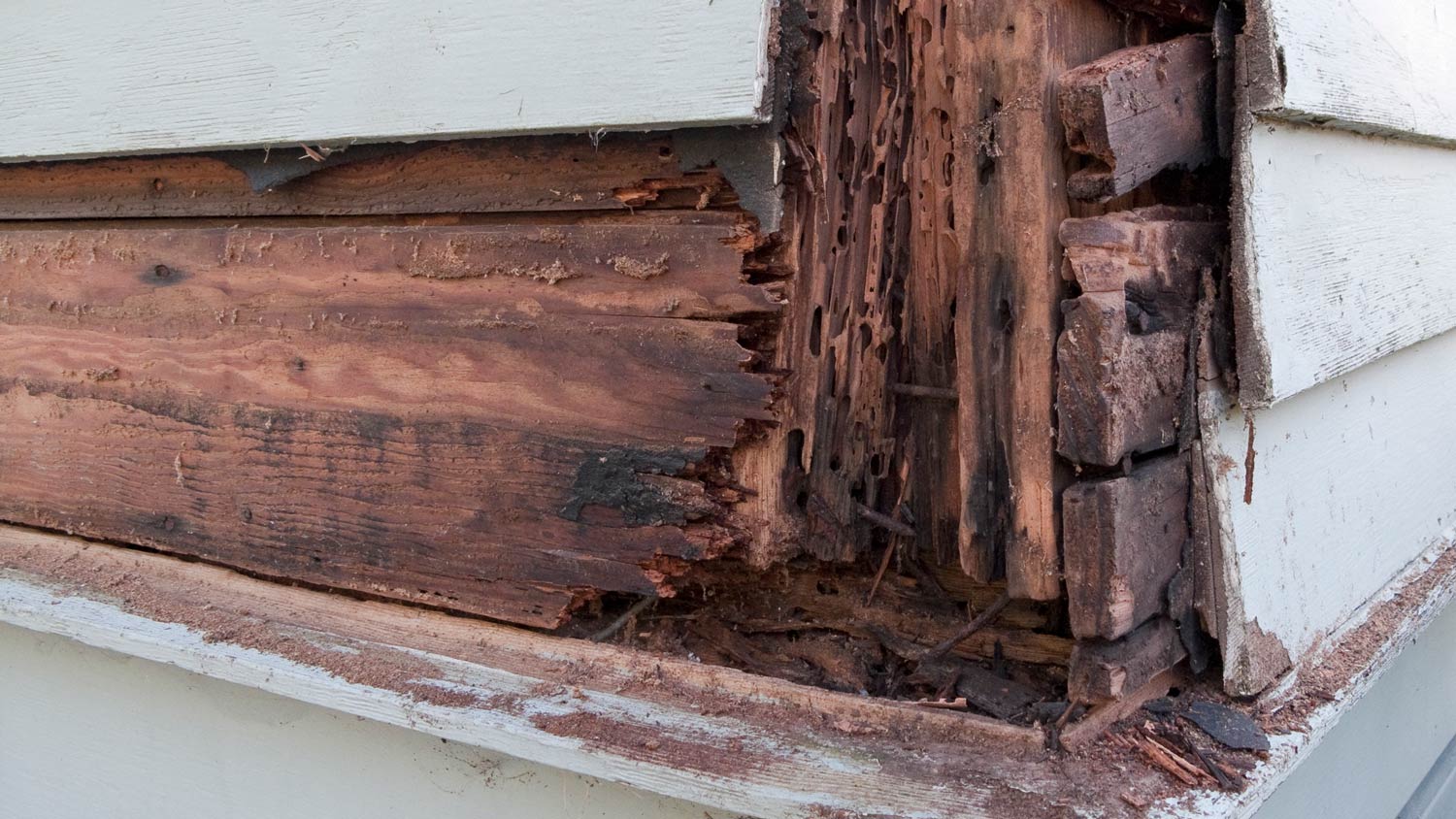
Drone roof inspection costs vary depending on the roof’s size, complexity, and material. Use this guide to budget for a drone roof inspection.
Don’t skip a home inspection if you want to save yourself from surprises later on


A home inspection contingency can allow you to back out from a deal.
Home inspections give you leverage to renegotiate a sale price.
A thorough inspection helps you shop for insurance and budget for future repairs and replacements.
Identify deal-breaking repair needs and safety hazards with a home inspection.
A home inspection may be required to insure your home.
In a competitive real estate market, it can be tempting to buy a home without a home inspection. Buyers sometimes forgo home inspections to make their offer more attractive to sellers or to save on the home inspection cost, but those minor savings aren’t usually in their best interest. Instead, a home inspection can alert you to any existing or potential issues with the home and give you significant leverage in negotiating the sale, saving you from more costs and headaches later on. Here are eight great reasons to make a home inspection part of your deal:

Home inspections give you an opportunity to find any major issues before closing a deal on a home. Backing out of a deal without a home inspection contingency could cost you your deposit as well as other legal repercussions for any consequential losses on the seller’s part, leaving you to decide between backing out or buying a defective home.
Having a home inspection contingency clause can allow you to walk away legally. By including a home inspection contingency in your contract with the seller, you have legal protection if the home inspection report reveals major or numerous repair needs and can back out with your deposit intact.
Having a contingency included in your contract can give you strong negotiating leverage. If major repairs do show up on a home inspection report but you still want the home, an inspection contingency can help you convince the most stubborn sellers to compromise. For example, if the home’s roof needs to be replaced, you can renegotiate the selling price to accommodate the repair costs.

Even if sellers keep their homes in good condition, home inspections are important for detecting any hidden or unknown safety issues. Your contract should state that should a home inspection uncover hazards such as mold, carbon monoxide, and radon, you can back out of the contract without legal repercussions.
Foreclosed homes or short sales can seem like a great deal, but home inspections are necessary before finalizing the contract. These homes are at higher risk for inspections to reveal copper plumbing lines or missing outdoor compressors, which are necessary as well as expensive to replace.
Whether you’re buying a brand new or older home, a home inspection is important to determine if the home complies with building codes. Extra rooms, altered garages or basements, or built-in rental suites, or other installations and additions may seem like assets, but you’re liable for insurance, tax, and usability issues if they don’t have a permit or comply with building codes.

Even if a home inspection doesn’t reveal any deal-breaking repairs, hiring a home inspector can provide you with a thorough assessment of the home’s electrical system, plumbing, HVAC, and other crucial systems. By providing a report of factors such as the ages, conditions, and shelf-life of each system, you can make more informed decisions when it comes to budgeting, home insurance, and warranties.
Home insurance is important for protecting your home and its contents, and most mortgage lenders require you to have home insurance to approve your loan. Home insurance companies usually require a four-point inspection, including plumbing, electrical, HVAC systems, roof, and overall structure.
If you don’t get a home inspection or if the inspection shows any issues, you may need to fix them before insuring your home or renewing your policy. By getting a home inspection, you can identify any high-risk issues beforehand so there are minimal delays in getting your insurance and mortgage organized.
For many people, a home is the biggest purchase you’ll ever make. It’s easy to get fixated on a part of the home you love, but a home inspection gives you the big picture of the home so there are no surprises after you’ve closed the deal. A local professional home inspector can help make sure that your dream home is what it’s advertising.
From average costs to expert advice, get all the answers you need to get your job done.

Drone roof inspection costs vary depending on the roof’s size, complexity, and material. Use this guide to budget for a drone roof inspection.

If you’re buying a home, having an inspection offers reassurance that it’s in good condition. How much a home inspection costs varies depending on the home's size, age, condition, and location.

An attic inspection can confirm structural components, insulation, and home systems are all in order. Learn about attic inspection costs and what to know.

A home inspection is an investment in your property's health and longevity. Discover why a home inspection is important even if you don’t plan to sell.

A home inspection can help homeowners find issues and understand their home’s condition. Use this guide to learn what a home inspection covers.

Enjoy your view by ensuring the safety and longevity of your balcony. Use our balcony inspection checklist to monitor everything from railings to waterproofing.